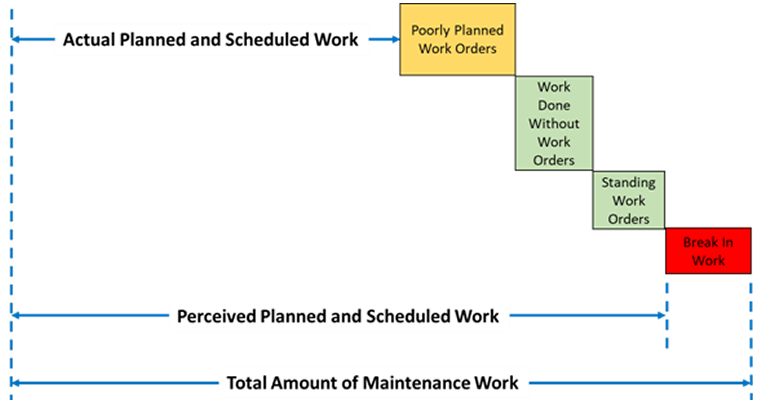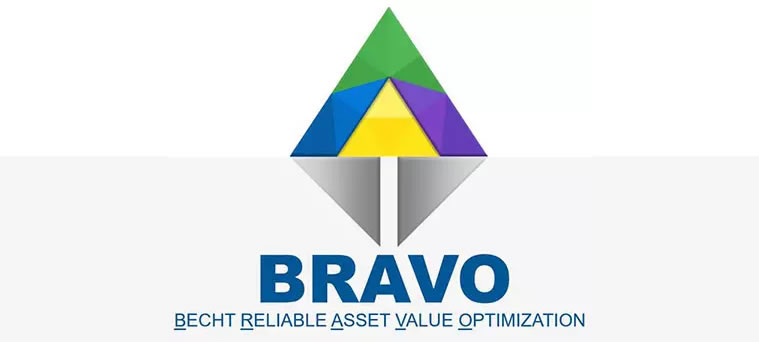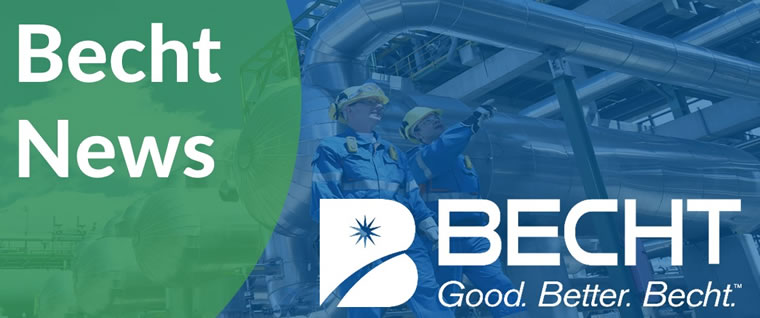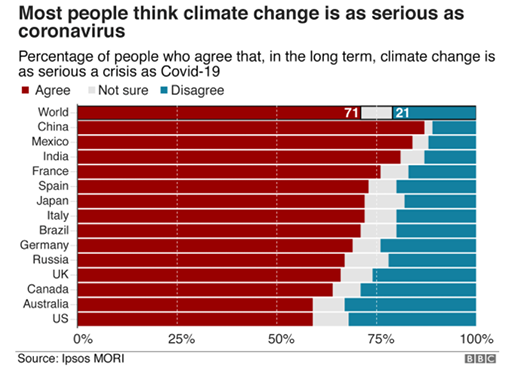The Oil Industry – Winners, Losers, and Everything In Between – “Muscle Memory”
Becht’s “Winners, Losers, and Everything In Between” series presents strategies to maximize your workforce in the time of COVID-19. Part 2 of this series focuses on the development of “Muscle Memory” (Click Here for Part 1). In this section, we will discuss the conditioning of the workforce team.
Why Muscle Memory?
Athletes practice repetitive skills, reactions in specific situations, and repetitive sequences within their training regimes to facilitate the creation of “muscle memory”. Muscle memory is a form of procedural memory that embeds a specific motor task into memory through repetition. Many sports teams rely on the experience of ex-players who know the game and the positions to coach. Veteran players can use their knowledge and experience to assist in the creation of muscle memory in the teams they lead.
In much the same way, the workforce “team” looks to the voices of experience to coach or mentor those who are new to the field. These veteran employees had muscle memory resulting from their years on the plant. New employees were guided to develop their own muscle memory by experienced mentors who could provide context and strategy that was not available anywhere else.
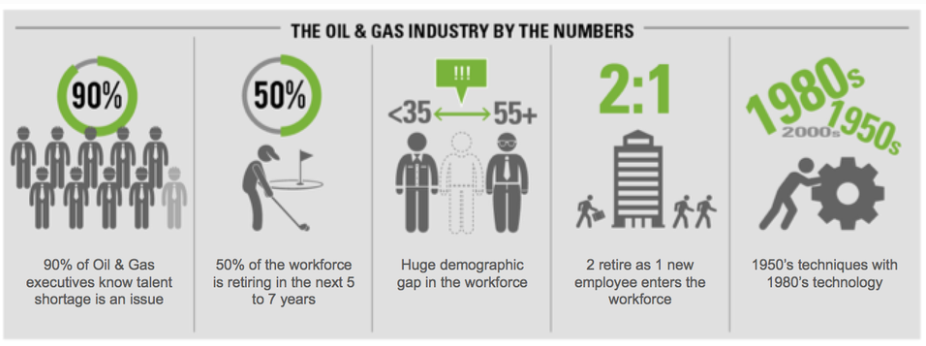
Forbes.com
In the present day, things have changed in the oil industry. From the oil embargo of 1973 to the 2008 market recession, the industry has faced challenges, and COVID-19 is just the latest crisis. Companies are tightening their belts yet again, with layoffs and early retirements to conserve cash. These losses of knowledge come along with a wholesale shift toward a younger workforce, accelerating the loss of muscle memory within the refining and petrochemical industry. Additionally, new muscle memory creation has become harder, as line engineers are moving through assignments with only 2 to 3 years per assignment.
Compounding this issue is an inconvenient truth: The new generation of workers does not learn in the same way as those who came before them. Millennials (defined as those born between 1982 and 1999) are at this point deeply ingrained in the workforce, taking on leadership roles in many companies. The newest members of the workforce, and those most likely to be in need of training, are Gen-Z (defined as those born between 2000-2020). While technically members of different generations, Millennials and Gen-Z have much in common when it comes to learning styles. Both generations grew up with technology readily available and used extensively throughout their daily lives and educational years.
The widespread use of technology has led to a workforce with a shorter attention span (somewhere in the neighborhood of 90 seconds, according to some studies)[1] and a lack of ability to recognize what they don’t know. Gone are the days of rote memorization and long hours spent at the library doing research assignments. Millennials and Gen-Z have always had a wealth of knowledge at their fingertips. Traditional lecture-based training is all but completely ineffectual for learners who have always had information quickly and readily available, no muscle memory needed.
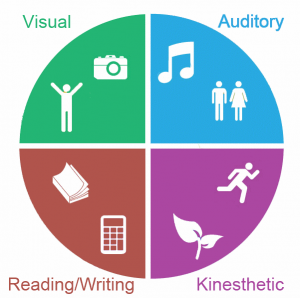 Consider this information in the context of the COVID-19 event. The new generation of workers, whether Millennial or Gen-Z, are overwhelmingly multimodal matrix learners. Matrix learners receive information from multiple different sources and follow a detail through multiple scenarios simultaneously. Therefore, information needs to be presented through multiple methods: visual, auditory, kinesthetic, and all combinations thereof. While these learning methods may seem scattershot and frenetic, a multimodal matrixed approach allows for the absorption and understanding of many details at once. This allows the learner to make connections between the information at hand and how it can apply in daily tasks.
Consider this information in the context of the COVID-19 event. The new generation of workers, whether Millennial or Gen-Z, are overwhelmingly multimodal matrix learners. Matrix learners receive information from multiple different sources and follow a detail through multiple scenarios simultaneously. Therefore, information needs to be presented through multiple methods: visual, auditory, kinesthetic, and all combinations thereof. While these learning methods may seem scattershot and frenetic, a multimodal matrixed approach allows for the absorption and understanding of many details at once. This allows the learner to make connections between the information at hand and how it can apply in daily tasks.
What does this mean for the workforce’s muscle memory?
The youth and relative inexperience of the workforce means that it is doubly important to ensure that legacy knowledge is captured within the company’s training materials. It is not enough to rely on mentoring from veterans who are stretched thin due to the shift toward lean workforces and who may be lost due to cost-cutting measures. What must be captured is the “why” – the context and strategy to specific decisions that are better understood by veteran workers.
New methods must be employed to capture and share knowledge among new younger members of the workforce. Different learning styles must be addressed in training programs in order to remain current and relevant. The tech savvy of Millennials and Gen-Z should be leveraged through the use of virtual training options, particularly during this the COVID-19 crisis.
The COVID-19 impact is very different from past market shifts necessitating a renewed review of training. It will likely have a different and lasting impact on the workforce. Working remotely or from home for some part of the work week will likely be part of the new normal. Social distancing will require the use of technology at every stage from office to operations and mechanical analysis. This emphasizes even more strongly the need to capture legacy knowledge that is both general and specific to a plant.
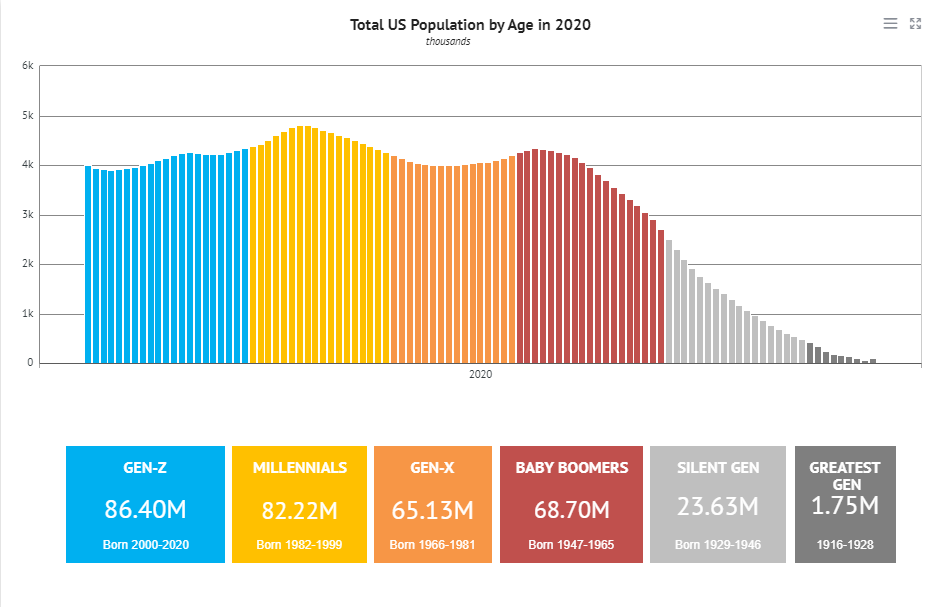
Ultimately, a strong learning and development program fosters trust among the workforce. The leaner the workforce, the greater the requirement for trust. Employees can trust that management has their best interests at heart with good training programs. Management and veteran employees can trust new employees will maintain safe and efficient operations and protect the company’s investment as a result of current and effective training programs.
This initiative can be a daunting task to take on “alone”.
Becht’s Human Performance Group can meet your needs with customized training, built for your workforce. Becht brings legacy knowledge to our clients across the asset spectrum, providing input from lessons learned by our team of 1,500 industry leaders and Subject Matter Experts. BechtCONNECT (formerly Oracle by Becht) provides a library of key information and lessons learned that serve to inform and strengthen your workforce’s foundations. These resources can be used as refresher training for operators or as a means to capture and transmit legacy knowledge.
Becht is ready to work with you to strengthen your team, build muscle memory, and help your workforce come together for the win. For more information, please contact us by clicking the link below:


